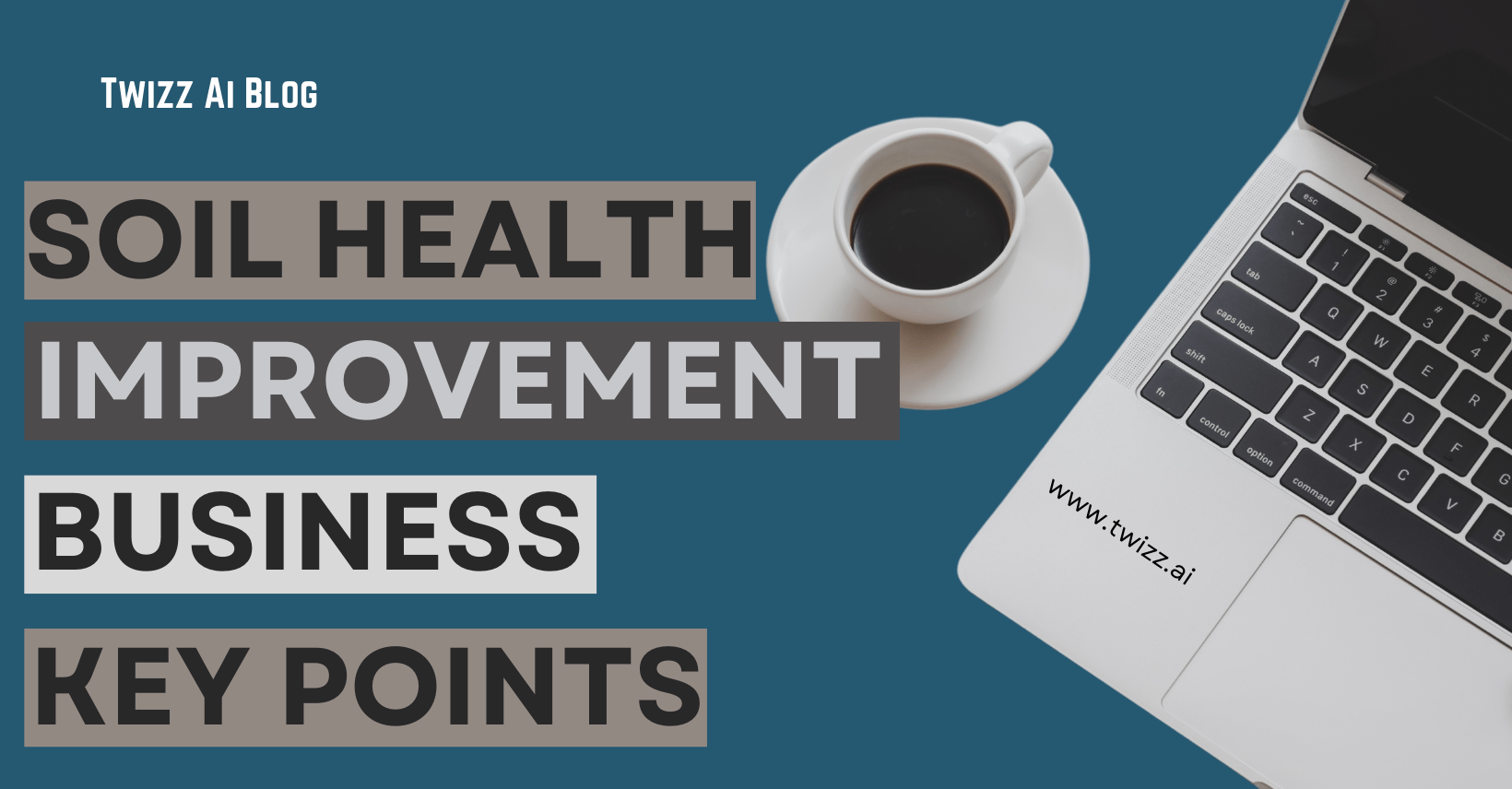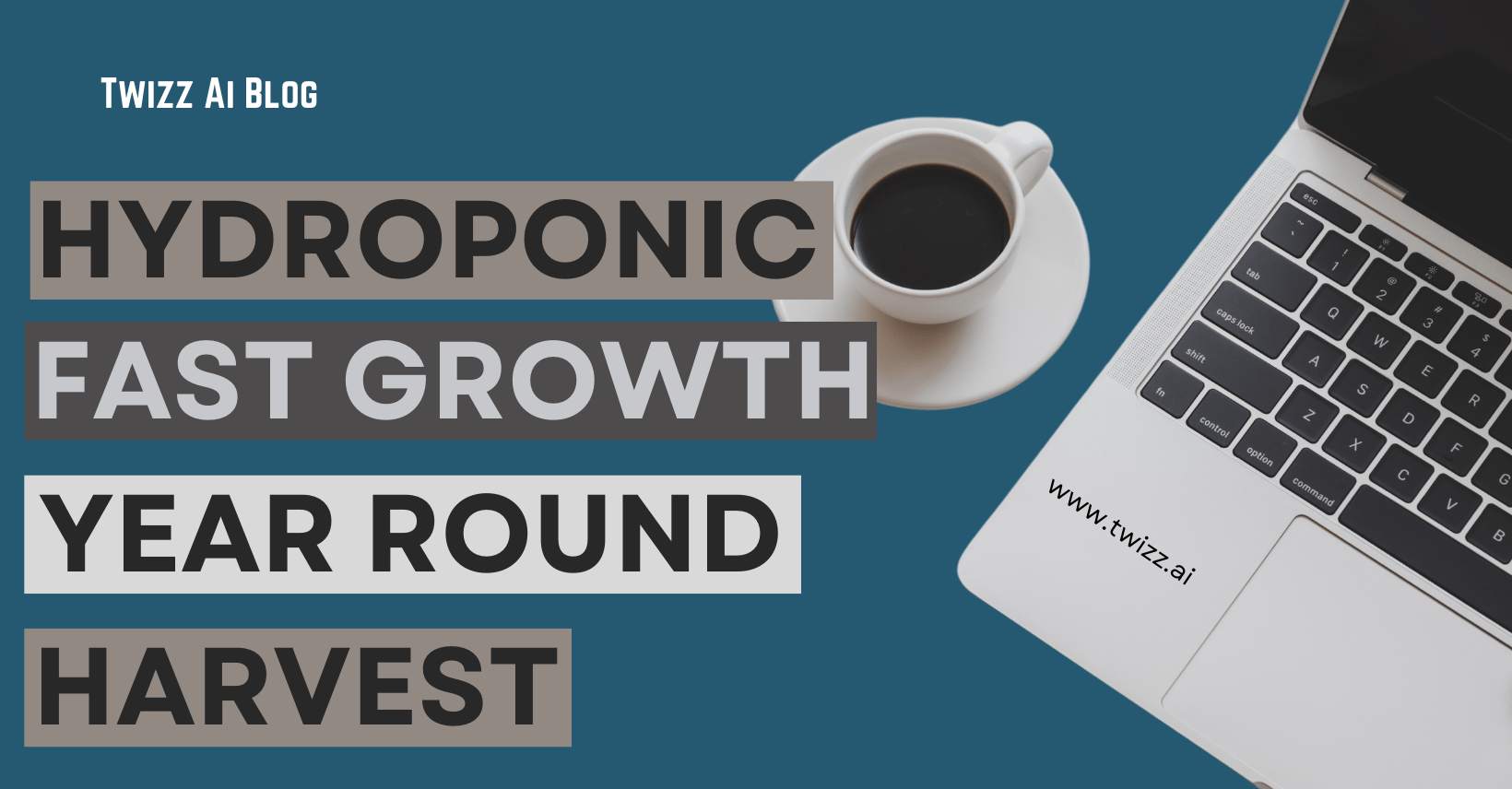Soil Health Improvement Business
In an era where ecological balance intersects with modern innovation, the soil health improvement business is a beacon of sustainable agricultural progress. At its core lies a commitment to revitalizing the foundation of our food systems, the soil. By harnessing organic soil amendments and fertilizers, entrepreneurs are rewriting the narrative of land management and ecological stewardship. This transformative journey integrates deep-rooted scientific insights with the passionate drive of those determined to nurture the earth, making it not only a lucrative enterprise but also a mission of international significance.
The Imperative of Organic Amendments in Soil Restoration
Organic soil amendments represent a paradigm shift in how we view and manage soil fertility. Unlike conventional synthetic fertilizers, which often disrupt the natural biogeochemical balance, organic amendments derive from nature’s own resources. These amendments crafted from compost, manure, biochar, and other natural resources are pivotal in restoring the soil’s intrinsic vitality. They enhance water retention, improve soil structure, and bolster microbial diversity, all while mitigating the harmful effects of chemical residues.
Organic amendments recalibrate pH levels and foster a robust rhizosphere where beneficial microbes thrive. Introducing these natural materials creates a dynamic ecosystem beneath the surface, encouraging a symbiotic relationship between soil organisms and plant roots. This results in enhanced nutrient uptake and builds resilience against pests and diseases. The organic approach supports a sustainable cycle of nutrient recycling, ensuring that the earth remains fertile for future generations while significantly reducing the environmental footprint associated with synthetic inputs.
Entrepreneurial Journey into Organic Soil Amendments
Entering the organic soil amendments need is both a challenge and a calling. It is a journey fueled by scientific inquiry, an innovative spirit, and a desire to effect positive environmental change. Entrepreneurs embarking on this venture must navigate complex agronomic landscapes, integrating time-honored practices with cutting-edge biotechnologies.
The Genesis of a Sustainable Business
Every transformative business idea germinates from a deep understanding of nature’s intricacies. Visionary entrepreneurs often begin by delving into pedology, the study of soils, and analyzing the micro and macro factors that affect soil fertility. In this formative stage, extensive research and rigorous testing are paramount. The objective is to create formulations that balance macro-nutrients, such as nitrogen, phosphorus, and potassium, with vital micronutrients, thereby holistically restoring the soil’s health.
These early-stage endeavors frequently involve collaborations with agricultural scientists, local farmers, and sustainability experts. The aim is to ensure that each product meets high-quality standards and addresses the specific needs of varied ecosystems. This phase is marked by iterative experimentation, quality assurance, and an unwavering commitment to ecological integrity. Every granule of organic amendment is meticulously engineered to nurture the soil, ensuring that the resulting product is both potent and environmentally benign.
Integrating Tradition and Innovation in Production
The beauty of the organic soil amendment industry lies in its harmonious blend of tradition and modernity. Traditional methods such as composting have been honed over centuries, offering invaluable insights into natural nutrient cycling. These age-old practices are being augmented with modern fermentation processes, microbial inoculants, and precision agriculture tools. This fusion creates products that echo the wisdom of the past and leverage scientific advancements to enhance efficacy.
Innovation in this space is characterized by a commitment to sustainability.
For instance, waste materials from urban centers can be transformed into high-quality compost, exemplifying the principles of a circular economy. This minimizes waste and contributes to a closed-loop system where every byproduct is repurposed for soil enrichment. In this context, technological integration is not a mere enhancement but a cornerstone of tolerable practice, seamlessly bridging the gap between tradition and modernity.
Navigating the Organic Fertilizer Market
The market for organic fertilizers and soil amendments is rapidly expanding as more stakeholders, ranging from large-scale agricultural enterprises to urban gardeners, seek tolerable alternatives. However, carving out a niche in this competitive arena demands strategic insight, robust marketing acumen, and a thorough understanding of market dynamics.
Identifying Niche Markets and Unexplored Potentials
Successful ventures in this sector are often built on identifying niche markets that conventional suppliers overlook. Urban farming, organic vineyards, community-supported agriculture, and specialized horticultural practices represent untapped opportunities. By tailoring products to meet the careful needs of these sectors, businesses can cultivate a loyal customer base that values quality and ecological benefits.
Moreover, global demand for sustainable agriculture is rising, particularly in regions battling soil degradation and nutrient depletion. Entrepreneurs investing in localized research can develop formulations catering to regional soil characteristics and climatic conditions. This localized procedure enhances product effectiveness and fosters trust and credibility among end users, establishing a strong foothold in diverse markets.
Strategic Distribution and Authentic Branding
In addition to product innovation, effective distribution, and authentic branding are critical for market success. A compelling brand narrative emphasizing environmental stewardship, transparency, and scientific rigor can significantly improve consumer confidence. Leveraging modern e-commerce platforms, digital marketing strategies, and social media outreach allows businesses to reach a wider audience with minimal overhead.
Successful marketing campaigns often include live demonstrations, field trials, and interactive workshops that vividly showcase the benefits of organic amendments. These initiatives demystify complex scientific principles and highlight tangible results, engaging professional agronomists and eco-conscious consumers. Building networks with environmental influencers, local cooperatives, and academic institutions can amplify the message and drive sustainable growth.
Expert Tips and Tricks for Thriving in the Soil Health Sector
Excelling in the ground health improvement business requires combining scientific insight and entrepreneurial savvy. Here are some actionable tips and tricks to help your enterprise flourish:
Commit to Continuous Education
- The field of soil science is ever-evolving. Stay updated by participating in industry conferences, subscribing to specialized journals, and engaging with academic research. This proactive learning approach ensures that your products remain at the forefront of innovation and ecological effectiveness.
Implement Rigorous Quality Control
- The integrity of organic amendments is non-negotiable. Invest in regular soil testing, microbial analysis, and nutrient profiling to maintain high-quality standards. Robust quality control measures enhance product performance and produce customer trust and loyalty.
Forge Local Partnerships
- Cultivate strong relationships with local farmers, cooperatives, and environmental organizations. These partnerships offer invaluable feedback and open distribution channels, producing a supportive network that drives product refinement and community engagement.
Utilize Advanced Technologies
- Integrate precision agriculture tools, digital analytics, and sensor technologies to monitor soil health and optimize product performance. These innovations can supply real-time data on soil conditions, enabling you to fine-tune your formulations and distribution strategies effectively.
Focus on Transparency and Education
- Develop educational content that clearly explains the science and benefits of organic soil amendments. Through webinars, workshops, and hands-on demonstrations, demystify the complex processes underlying soil fertility restoration. Transparency in production and sourcing further enhances consumer enthusiasm.
Adopt a Sustainable Mindset
- Sustainability should permeate every part of your business, from raw material sourcing to packaging and logistics. Emphasize eco-friendly practices and continuously seek ways to reduce your environmental impact. This commitment to sustainability benefits the planet and resonates with a growing demographic of environmentally conscious consumers.
Future Trends and Environmental Impact
The organic soil amendment industry is poised for transformative growth as global attention shifts toward regenerative agricultural practices. Emerging research highlights the role of microbial consortia in enhancing soil health, where beneficial bacteria and fungi work synergistically to break down organic matter and sequester carbon.
This biotechnological frontier promises formulations that are even more effective and resilient.
As climate change intensifies, the environmental benefits of organic amendments become increasingly significant. Enhanced soil structure, improved water retention, and reduced chemical runoff contribute to a more balanced ecosystem. Moreover, these natural fertilizers facilitate carbon sequestration, mitigating greenhouse gas emissions and fostering a more sustainable agricultural cycle.
Innovative practices such as precision agriculture and digital soil mapping revolutionize how organic amendments are tailored to specific field conditions. Entrepreneurs who embrace these technologies can develop region-specific solutions that maximize yield while preserving the integrity of the soil. This convergence of scientific research, technological innovation, and sustainable practice sets new industry benchmarks, ensuring that organic soil amendments are practical and ecologically harmonious.
The environmental impact of these practices is profound. By restoring soil health, we improve crop productivity and rehabilitate ecosystems that have long suffered from anthropogenic degradation. The ripple effect extends to biodiversity conservation, water quality improvement, and long-term soil resilience, making the soil health improvement business a cornerstone of sustainable development.
Concluding Insights on Building a Legacy of Soil Vitality
Embarking on a venture in the soil healthiness improvement business is a commitment to ecological regeneration and sustainable prosperity. Every organic amendment, every strategic decision, and every innovative breakthrough contributes to a broader narrative of environmental restoration. This business model outperforms profit margins; it is about nurturing a legacy of soil vitality that supports food security, fosters biodiversity, and encourages future generations.
The journey toward enhanced soil health is both scientific and deeply personal. It calls for a fusion of rigorous research, creative problem-solving, and an unwavering loyalty to nature. Entrepreneurs who dare to innovate in this field become stewards of the earth, influencing agricultural practices globally. The success of this endeavor lies in the harmonious blend of custom and technology, where ancient wisdom meets modern science.
As the organic soil amendment market expands, the potential for ecological and financial transformation is immense. With strategic planning, robust quality control, and an authentic commitment to sustainability, your enterprise can redefine agricultural practices. Embrace the challenges, celebrate the successes, and continue to push the boundaries of what is possible in soil health improvement.
Ultimately, every step accepted toward enriching the soil is a step toward a more sustainable and resilient future. The soil is more than just the medium for plant growth.
It is the foundation of life itself. By investing in organic soil amendments and fostering a culture of environmental stewardship, you are building a thriving business and contributing to a legacy of care for our planet. Embrace this journey with passion and purpose, and let your innovations sow the seeds of a greener, more sustainable tomorrow.





